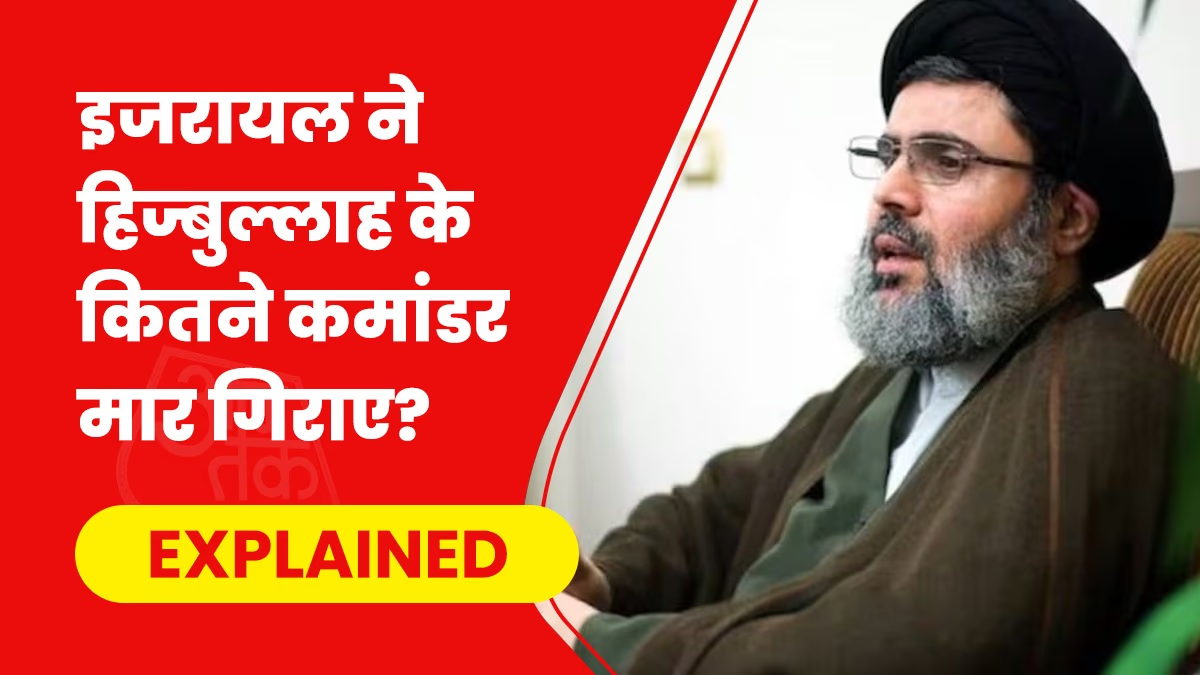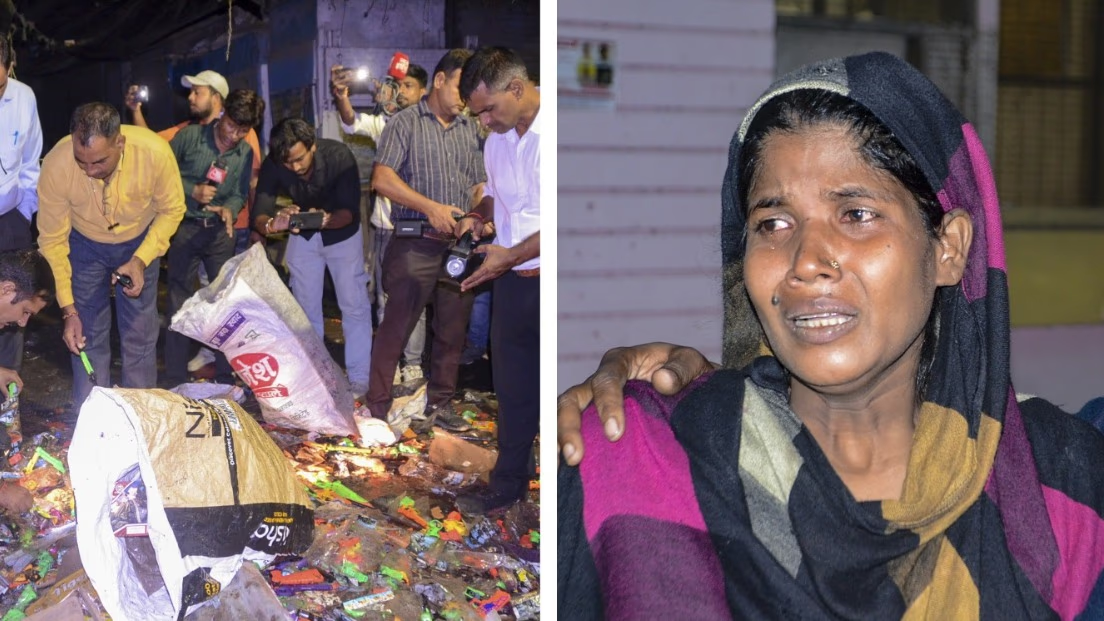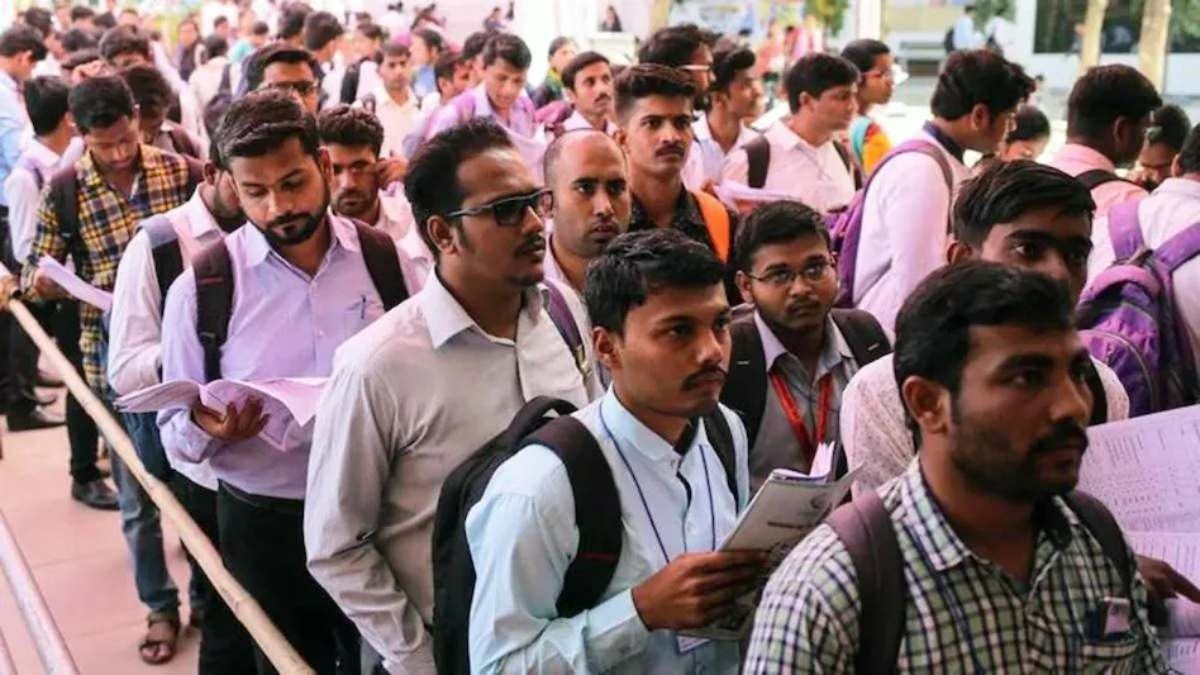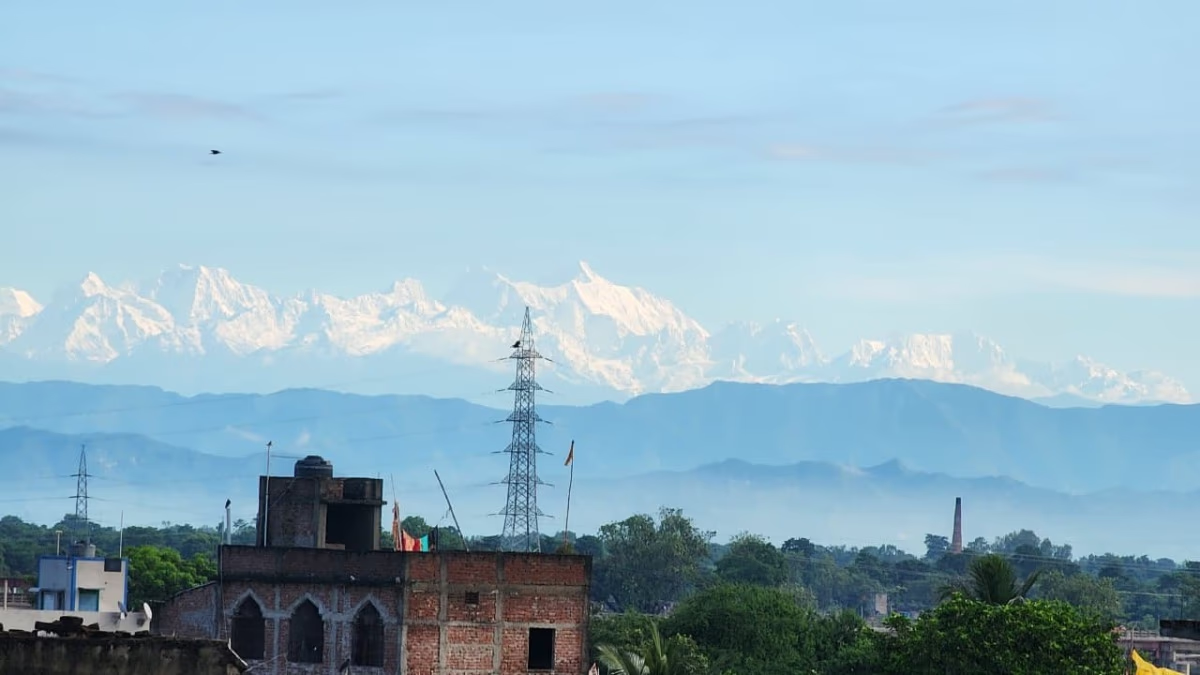Israel's operation against Hezbollah is ongoing, with many of the group's commanders eliminated. Recently, it has been claimed that Hashim Safiuddin was killed during an Israeli bombing in Lebanon. Safiuddin was seen as the successor to Hezbollah's chief, Hassan Nasrallah.
It is reported that Safiuddin was conducting a secret meeting in a bunker when Israel bombed Beirut. Prior to that, on September 27, Hassan Nasrallah was killed in Israeli bombings. Safiuddin and Nasrallah were cousins. Following Nasrallah's death, Safiuddin was the likely candidate to become Hezbollah's chief, but Israel took him out before any announcement could be made.
So far, several top Hezbollah commanders have been eliminated in Israeli attacks. Israeli Army Chief Lieutenant General Herzl Halevi stated that no Hezbollah commander will be spared, vowing to hunt them down one by one.
According to Lieutenant General Herzl Halevi, Israel's operation against Hezbollah is set to intensify. Hezbollah is considered a terrorist organization by Israel, supporting Hamas in Gaza. Since the conflict began on October 7th last year, Hezbollah has been siding with Hamas.
Meanwhile, Hezbollah, once Lebanon's most powerful group, is growing weaker as it loses long-standing commanders who had been with the organization for decades.
Since 1992, Nasrallah was involved in numerous conflicts against Israel, expanding Hezbollah's influence in Lebanese politics. He played a crucial role in keeping President Bashar al-Assad in power during Syria’s rebellion in 2011. Beyond Lebanon, Nasrallah assisted Iran-backed organizations in Iraq-Syria and Yemen. Nasrallah was killed on September 27.
Born in southern Lebanon in the early 1960s, Safiuddin was among Hezbollah's founding members during Lebanon's extensive civil war in the 1980s. He was Nasrallah's cousin and often donned a black turban, signifying a respected Shia cleric. Safiuddin claimed descent from Prophet Muhammad. He was killed by an Israeli bombing on October 4.
Ibrahim Aqil was one of Hezbollah's top commanders, leading the Radvawn Force and part of Hezbollah's Jihad Council. He featured on America's wanted list due to his involvement in the 1983 Beirut embassy bombing and hostage plots involving German and American citizens. Aqil was killed on September 20.
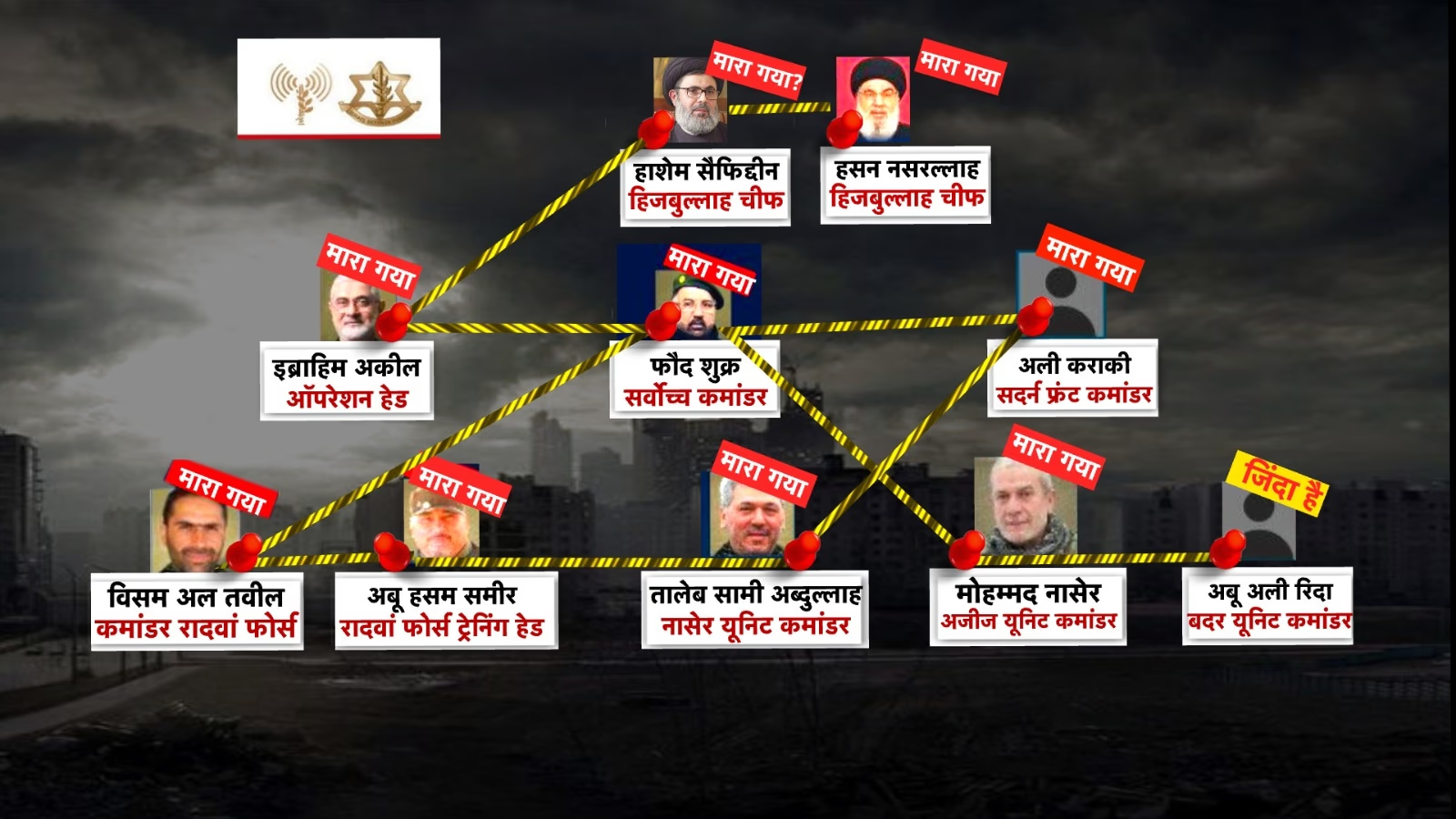
Source: aajtak
Fouad Shukr, another top Hezbollah commander, served as Hassan Nasrallah's military advisor and commanded Hezbollah fighters. Israel alleges that all assaults after October 7 were initiated at his instigation. The US had a $5 million bounty on him. Shukr was killed on July 30.
Not much is available about Ali Karaki, who also died alongside Nasrallah on September 27. He commanded Hezbollah's Southern Front.
On January 8 this year, Wissam al-Tawil was killed in Israeli bombing in southern Lebanon. Al-Tawil, associated with Hezbollah since 1989, was part of those who invaded the Israeli border to take two Israeli soldiers hostage in 2006. He was a close ally of Hezbollah's former Military Chief Imad Mughniyeh.
In Israeli raids on September 20, Abu Hassan Samir was killed. Heading Radvawn Force's training, he held various responsibilities within Hezbollah.
Taleb Sami Abdullah was killed by Israel on June 12. He led Hezbollah's Nasr Unit since 2016, participating in numerous attacks.
Commander of the Aziz Unit, Mohammed Nasser was killed on July 3. Allegedly involved in multiple terrorist actions, Nasser was a senior field commander in southern Lebanon's western sector.
The Last Remaining Commander
The Israeli army asserts that only one Hezbollah commander remains alive — Abu Ali Reda, commander of Hezbollah's Badr Unit, whose whereabouts are unknown.
